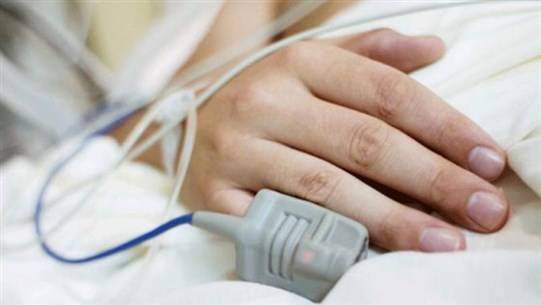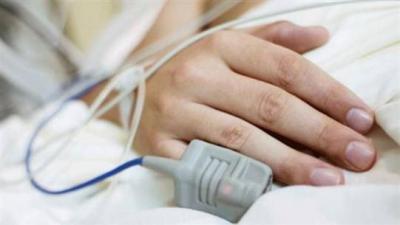The beginning of the healthcare and hospitalization year 2023 will not be like the end of 2022 in terms of the dollar value of fees paid in cash and insurance premiums, which declined in 2022. The hospitalization bill, even if not collected in cash in green currency from insurance companies, will witness increases to reach the levels recorded in 2019 before the crises erupted and all economic sectors collapsed. For example, doctors will raise their "consultation fees" in cash dollars to what they used to charge. If the current average cost of a doctor's visit with prominent physicians reaches 40 or 50 dollars, it is expected to rise to 75 dollars next year, reaching the rates previously adopted by doctors. "Nidaa Al-Watan" learned from informed sources that the Doctors' Syndicate sent a letter to insurance companies informing them that they will "raise the doctor's fee to the rate that was adopted in 2019."
This increase will also affect hospital bills, which are expected to rise by about 10% to 15% at the beginning of this year. This, in turn, will touch upon the premiums of private insurance policies, which will increase by about 10% or 12% after the value of the insurance dollar decreased by "between 30% and 45% last year, when the policies turned into 'fresh' dollars," as explained by the President of the Association of Insurance Companies in Lebanon, Eli Nasnas, to "Nidaa Al-Watan."
Nasnas pointed out that "this measure comes in compliance with the existing agreement between hospitals and insurance companies to gradually raise the value of hospitalization bills and insurance premiums in cash dollars over a two-year period, reaching the figures used in 2019." He attributed the reasons for this increase to "the 10% inflation exacerbated by the spikes in global and local fuel prices, as well as medical supplies and medications."
Regarding the reason for the agreement to raise hospitalization and insurance rates and doctor visits amid the rising value of the dollar compared to what it was in 2019, given the scarcity of green currency and employees receiving their salaries in the collapsing Lebanese pound while getting only limited amounts of green currency as bonuses, Nasnas stated that "this adjustment will limit the migration of competencies and doctors, knowing that most private companies now provide medical and hospitalization insurance for employees. Additionally, those who used to purchase the first-class policy have downgraded their medical coverage to second class to be able to pay the policy premium and ensure coverage for themselves and their families."
For citizens today, it has become more important to be able to enter a hospital in emergencies and receive treatment or undergo surgery, regardless of whether they receive first-class services or not. Therefore, those fortunate enough to receive their salaries entirely in cash dollars can keep pace with the inflation rate for healthcare concerning diseases threatening their health and lives. In contrast, those less fortunate must make do with the minimal essentials for a decent living and rely on the Ministry of Health and the insurance bodies—who are not guaranteeing healthcare and medical services.




